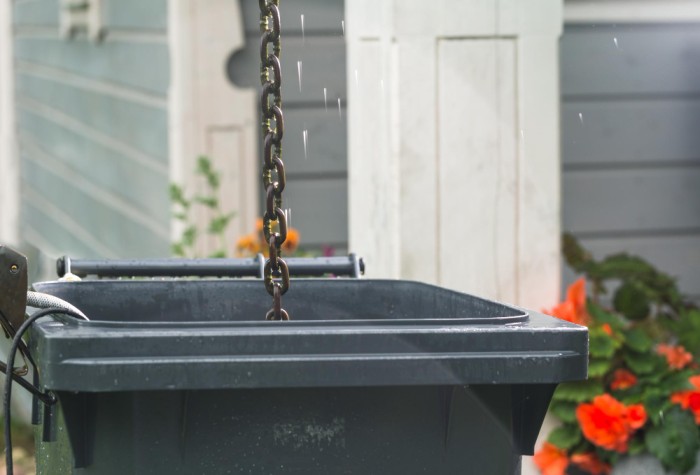Cost Comparisons: The Difference in Prices for Hook Bins vs Skip Bins
Compare your needs with the cost differences between Hook bins and Skip bins. Hook bins may come in larger sizes for big projects but may attract a higher rental price. Skip bins, however may cost less and are suited for small cleanups or renovation jobs. However, you may have to pay a surcharge for extended rentals or when the bin is overloaded. Be sure that you request quotes from at least two suppliers so you can compare prices fairly. Compare not only the charges for hiring but also costs for delivery and collection. All these factors will make it possible for you to choose the most cost-effective option for your Australia project.

Convenience of Accessibility: Which Bin Type will be more accessible for you?
The primary reason that one has to choose between hook bins and skip bins for waste management is because the former are more convenient in size, especially with bigger projects. They are better accessible, which assures easier loading by machinery and their design allows easy pickup with less disruption. On the other hand, skip bins are often convenient to place in tight spaces, and they are often used for residential areas or small jobs. Assess your place and quantity of waste that you need to handle. If regular access is an absolute requirement, then skip bins might be more aptly utilised for the task. Lastly, the implementation of the right kind of bin will save you a lot of time and efforts in terms of efficiency and effectiveness for your waste management project.
Flexibility: Hook Bins versus Skip Bins for Your Multiple Projects
Flexibility has a lot to do in choosing between using hook bins and skip bins for waste management. The big construction or demolition sites have a massive volume of waste that has to be handled efficiently, and hook bins are best suited for that. Their larger capacity allows the rental to be extended over a long period without exchange. Skip bins are suited for residential cleanouts, landscaping, or small renovation projects and are flexible enough for short-term use. They are available in a variety of sizes to accommodate all types of waste, such as green waste and mixed materials. Consider the size and scope of your project in making a selection. Selecting the appropriate style of bin ensures that all waste management is done under the most appropriate conditions as suited to your needs.
Safety and Regulations: Compliance Issues with Waste Removal
Safety and compliance should be paramount in waste disposal, especially between the hook and skip bins. Each respective bin has to meet particular local regulations in Australia where the disposal of waste comes into effect. For instance, some may need special handling or cannot go inside regular skip bins. Bigger industrial waste should actually be put in hook bins, which requires safety measurements and environmental compliance. These are usually good for general waste but have some specifics on hazardous materials. Ensure to ask your provider of local regulations and best practice. This would ensure safe, compliant waste disposal for your project.
Environmental Impact: Which Bin Type is More Eco-Friendly?
As you weigh your waste management requirements, consider the environmental implications of hook bins versus skip bins. While both types can be relatively eco-friendly, it all comes down to how the waste is managed after collection. Hook bins are usually used in larger industrial projects that tend to generate a lot of waste. However, they make it easy to collect and sort, hence promoting recycling and waste minimization. The skip bins, especially the smaller sizes, facilitate the responsible disposal of waste for house and community projects. Their convenience promotes proper segregation of waste. After all, whether the type of bin is eco-friendly or not depends on the waste disposal practices of the company you choose. Select providers that emphasize recycling and sustainable waste management solutions to minimize your environmental footprint.
Conclusion
Hook bins or skip bins, for one are options depending on some varying conditions like the cost, how convenient, flexible in disposal, safe for utilisation and also less impactful in the environment. That leaves you better off about which to consider waste management based on your particular construction projects. Be it convenience where the construction cleaning comes about with high capacities and if ease of access then so with the domestic operation by choosing these considerations upon selecting them. Finally, it also meets one’s needs and contributes to responsible waste disposal within the Australian territories.

